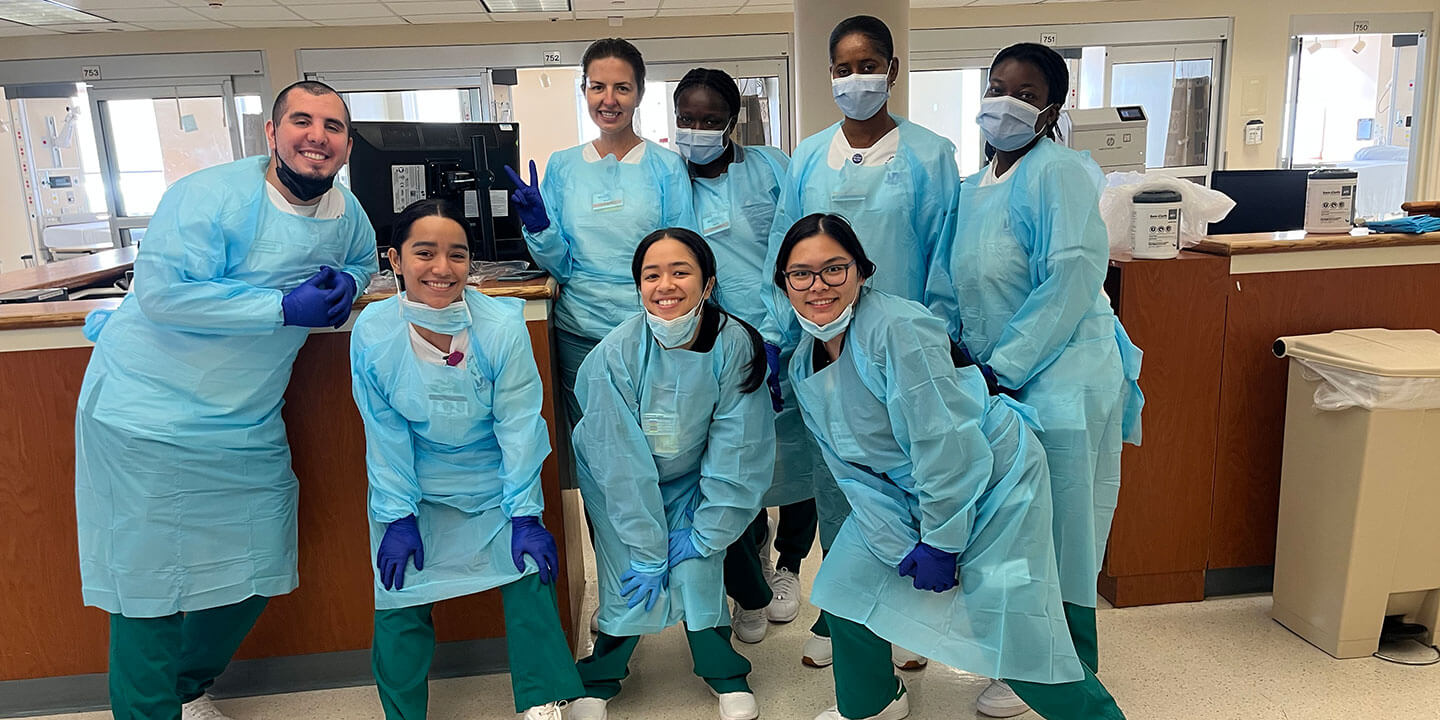
Top 3 Tips for Taking the Next Generation NCLEX
Back in 2017, the National Council of State Boards of Nursing (NCSBN) conducted a study called the Nursing Knowledge survey. The results of this survey gave valuable insights with the evolving changes happening in nursing education and practice, and ensured that the nurses on the floors are well-prepared to provide safe and effective care. The NCSBN developed an upgraded version of the National Council Licensure Exam (NCLEX) now called the Next Generation NCLEX (NGN), which went into effect in April 2023. Here are the 3 top things to keep in mind when taking the NGN.
1. Protect Your Patients' Lives!
The NCLEX is an exam used to analyze one main thing at its core: how safe of a nurse are you? Patient safety is a priority in nursing practice, and the NGN underscores this by presenting scenarios that focus on safe and effective care. Test-takers will need to demonstrate that they can use the knowledge learned from nursing school, convert it into critical thinking and apply that to the answer. The exam aims to ensure that new nurses are well-prepared to provide care that minimizes risks and maximizes positive outcomes.
2. You Need to Use Your Critical Thinking.
This is not the same as high school exams. The NGN places a significant emphasis on clinical judgment, going beyond the traditional knowledge-based questions. When analyzing the clinical judgment is the ability to make informed decisions based on critical thinking and real-world scenarios. This means that test-takers will encounter questions that present complex patient situations, requiring them to analyze data, prioritize interventions, and make sound clinical decisions. This shift reflects the need for nurses to be competent and confident decision-makers in dynamic healthcare environments.
3. Reflecting Real-World Scenarios:
The NGN draws from real-world nursing scenarios to create questions that mirror the challenges nurses face daily. This means that candidates won't just be tested on theoretical knowledge; they will need to apply their critical thinking into practical situations. The goal is to prepare nurses who can seamlessly transition from the classroom to the clinical setting, ready to address the complexities of modern healthcare. They will be implementing this on the new exam with a new question type called a Case Scenario. They will present to you a single case that can have 2-8 questions based on the case scenario.
If you are a nursing student or a future nursing student, do not freak out. Becoming more aware of what will be on the Next Generation NCLEX will ease your anxiety and give you an understanding of what is to be expected for this exam. By understanding these 3 key aspects of the Next Generation exam, you can prepare yourself to be a nurse that can safely execute tasks and assignments. However, you will truly know how to be a good nurse once you are working on the floor.
Keep studying!
Do you have a compelling story or student success tips you’d like to see published on the Pearson Students blog? If you are a college student and interested in writing for us – click here to pitch your idea and get started!


